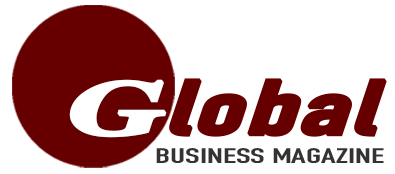
In a significant move highlighting Vietnam’s progress in sustainable forestry and environmental governance, the European Commission (EC) has categorized Vietnam as a “low-risk” country under its newly released country benchmarking system within the EU Deforestation Regulation (EUDR).
This classification, shared by only 140 countries including the United States, India, and Thailand, means that only 1% of Vietnamese exporters to Europe will face stringent due diligence checks under the regulation.
The EUDR is a cornerstone of the European Union’s environmental, social, and governance (ESG) strategy to curb global deforestation and promote sustainability in agricultural and forestry supply chains. Targeting seven key commodities—wood, cocoa, coffee, soy, palm oil, rubber, and beef—as well as derivative products like leather, chocolate, and furniture, the regulation mandates strict traceability and sustainability standards for imports into the EU.
According to Mr. Trần Văn Công, Vietnam’s Agricultural Counselor to Belgium and the EU, this favorable rating is a direct outcome of the country’s sustained cooperation with the EU, particularly through the Voluntary Partnership Agreement on Forest Law Enforcement, Governance and Trade (VPA/FLEGT). He also noted that Vietnam’s broader efforts in environmental protection and sustainable development were crucial in earning the “low-risk” status.
In contrast, four countries—Belarus, Myanmar, North Korea, and Russia—were classified as “high-risk” due to their poor deforestation records. Brazil and Indonesia, despite being among the world’s top deforesters, were placed in the “standard risk” group, though both have expressed strong opposition to the EUDR, citing excessive compliance burdens.
The core distinction among the three risk categories lies in the level of scrutiny imposed on exporters:
- High-risk countries: 9% of exporting companies face audits.
- Standard-risk countries: 3% of companies face audits.
- Low-risk countries (like Vietnam): Only 1% of exporters are audited.
Additionally, exporters from higher-risk categories must provide verifiable data pinpointing the exact time and location of production and prove that no deforestation occurred on the land after 2020.
To ease administrative burdens and reduce compliance costs, the EC also announced several adjustments. Notably, large businesses will be allowed to reuse prior due diligence statements when re-importing previously approved goods into the EU market.
However, the regulation has faced criticism from policy advocates who argue that limiting intensive checks to just four countries may undermine the regulation’s overall effectiveness. Furthermore, even exporters from “low-risk” countries like Vietnam will still need to complete a simplified due diligence process to remain compliant.
The EUDR will come into force for large enterprises by the end of 2025 and for small and medium enterprises (SMEs) by June 2026. Non-compliant firms could face fines of up to 4% of their annual EU revenue.
Vietnam’s low-risk classification not only supports its exporters but also strengthens the country’s position in global ESG rankings—reinforcing its reputation as a committed partner in sustainable trade and environmental protection.
Related
Discover more from Vietnam Insider
Subscribe to get the latest posts sent to your email.
Source: Vietnam Insider
